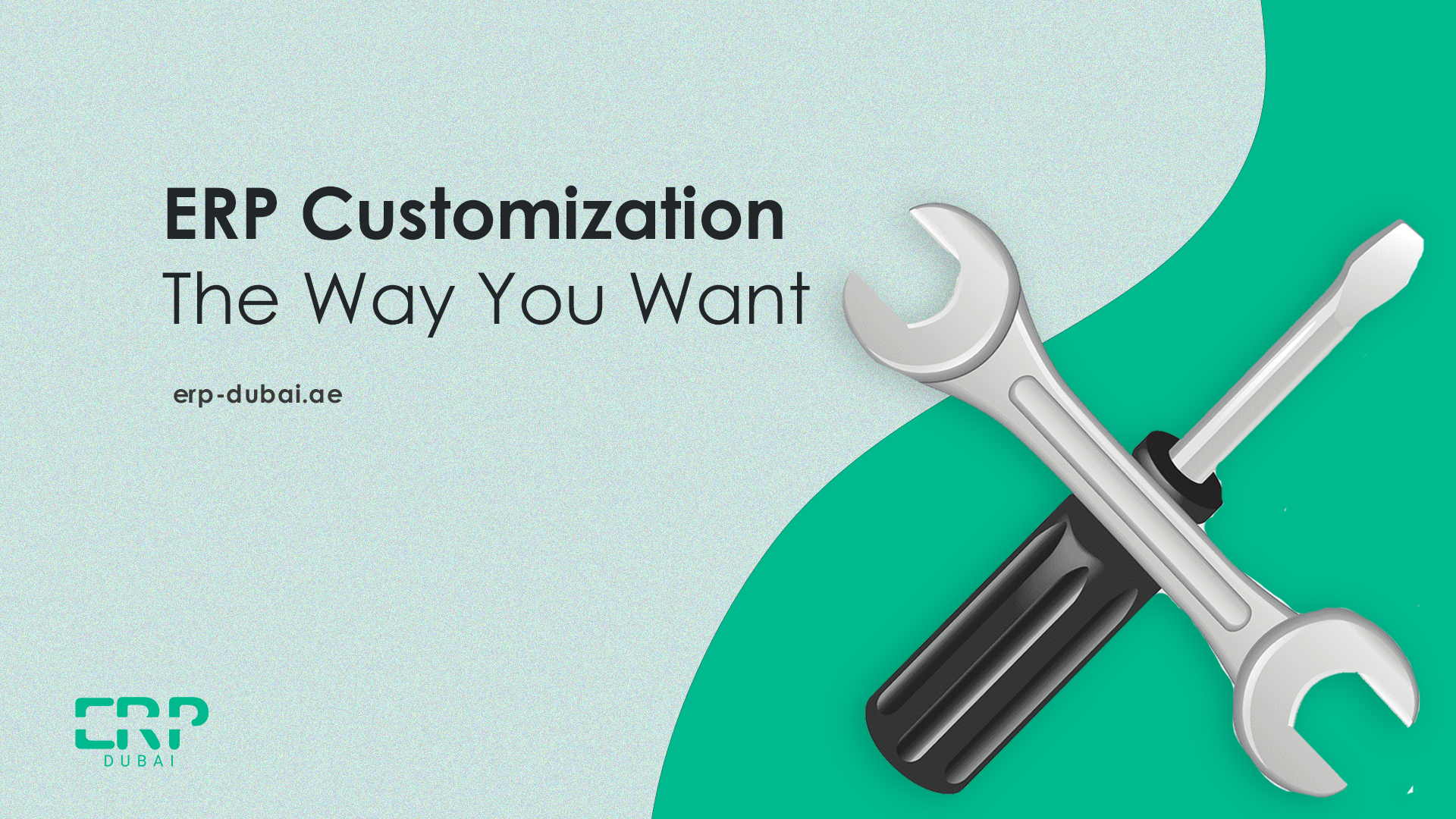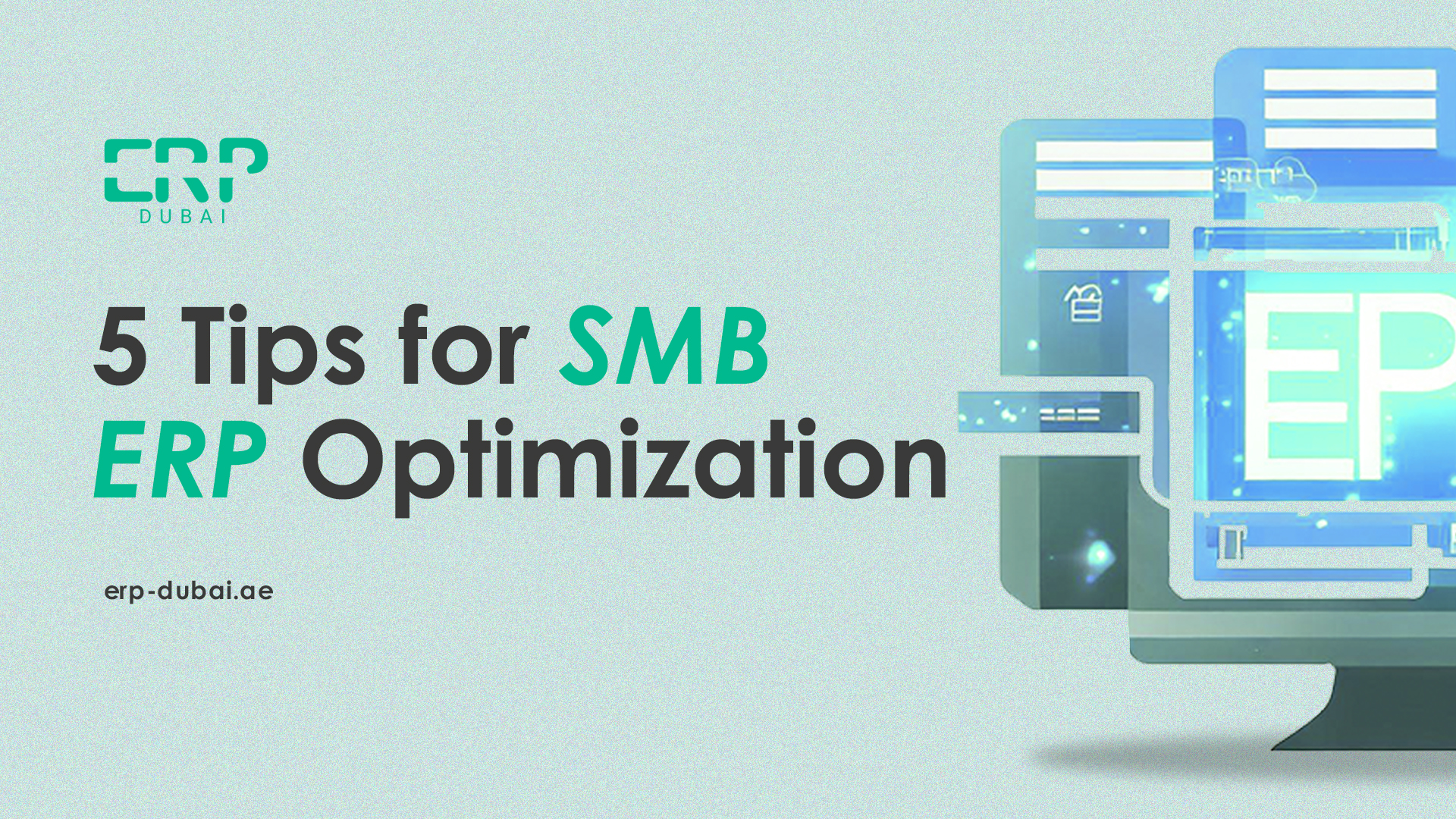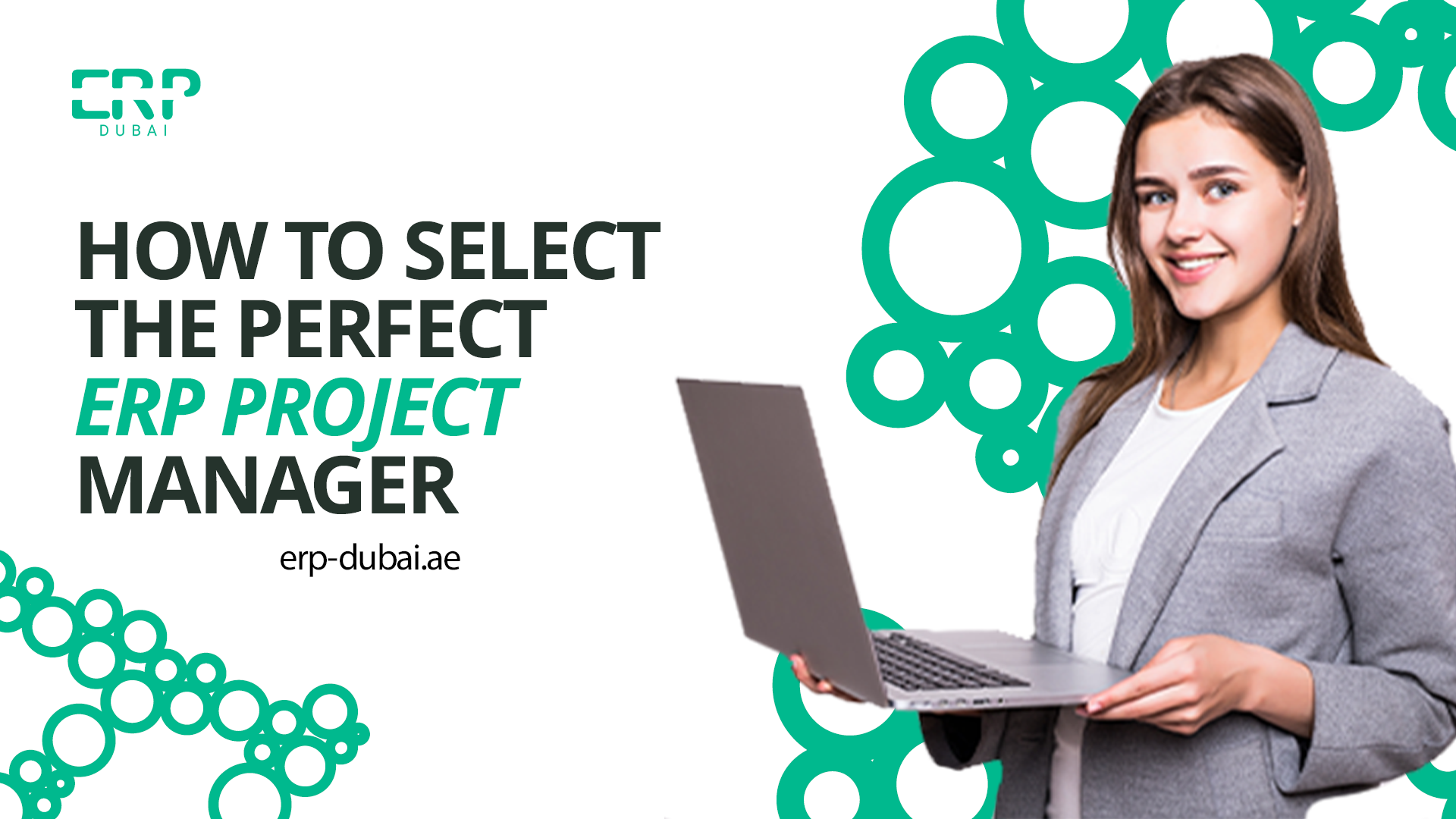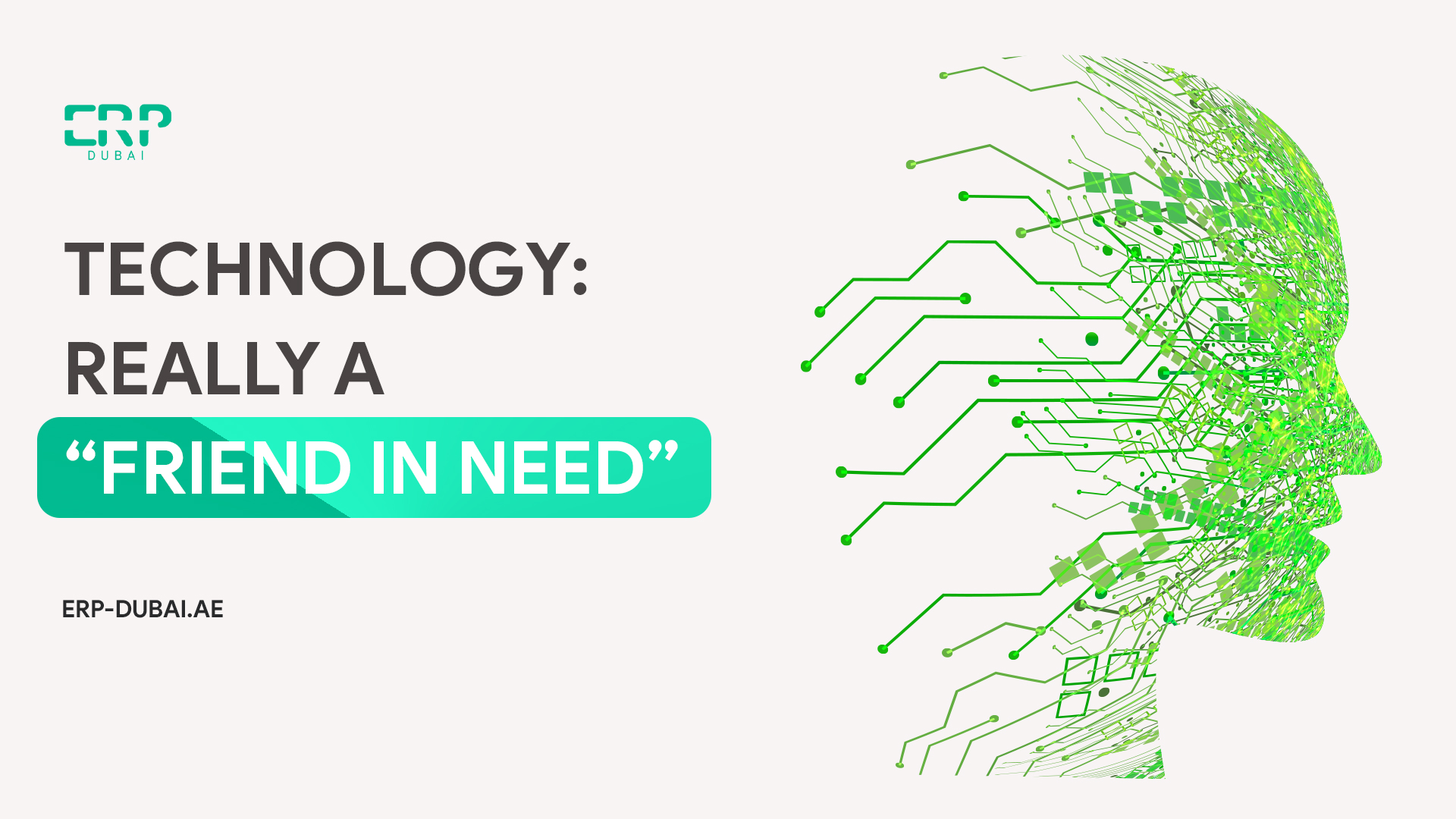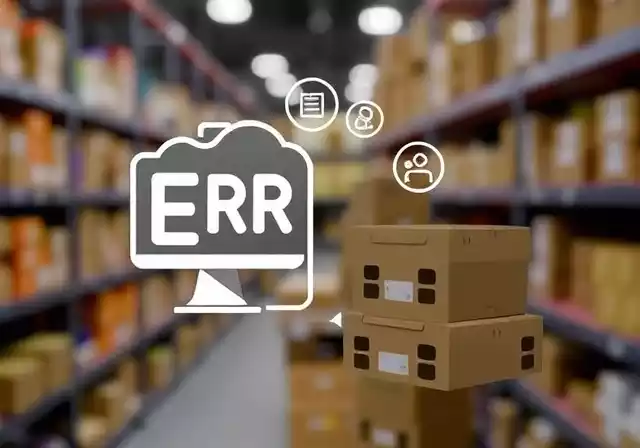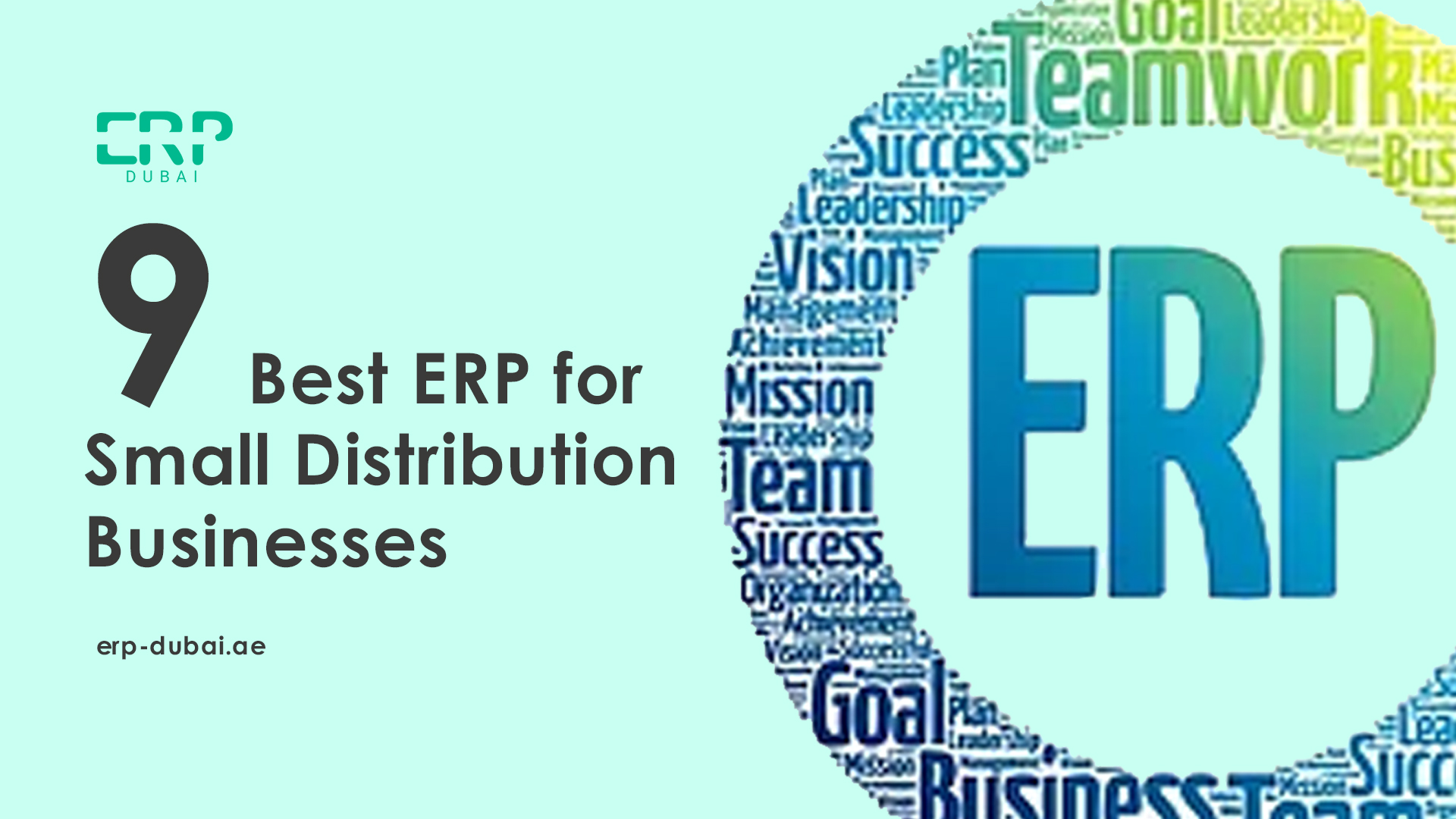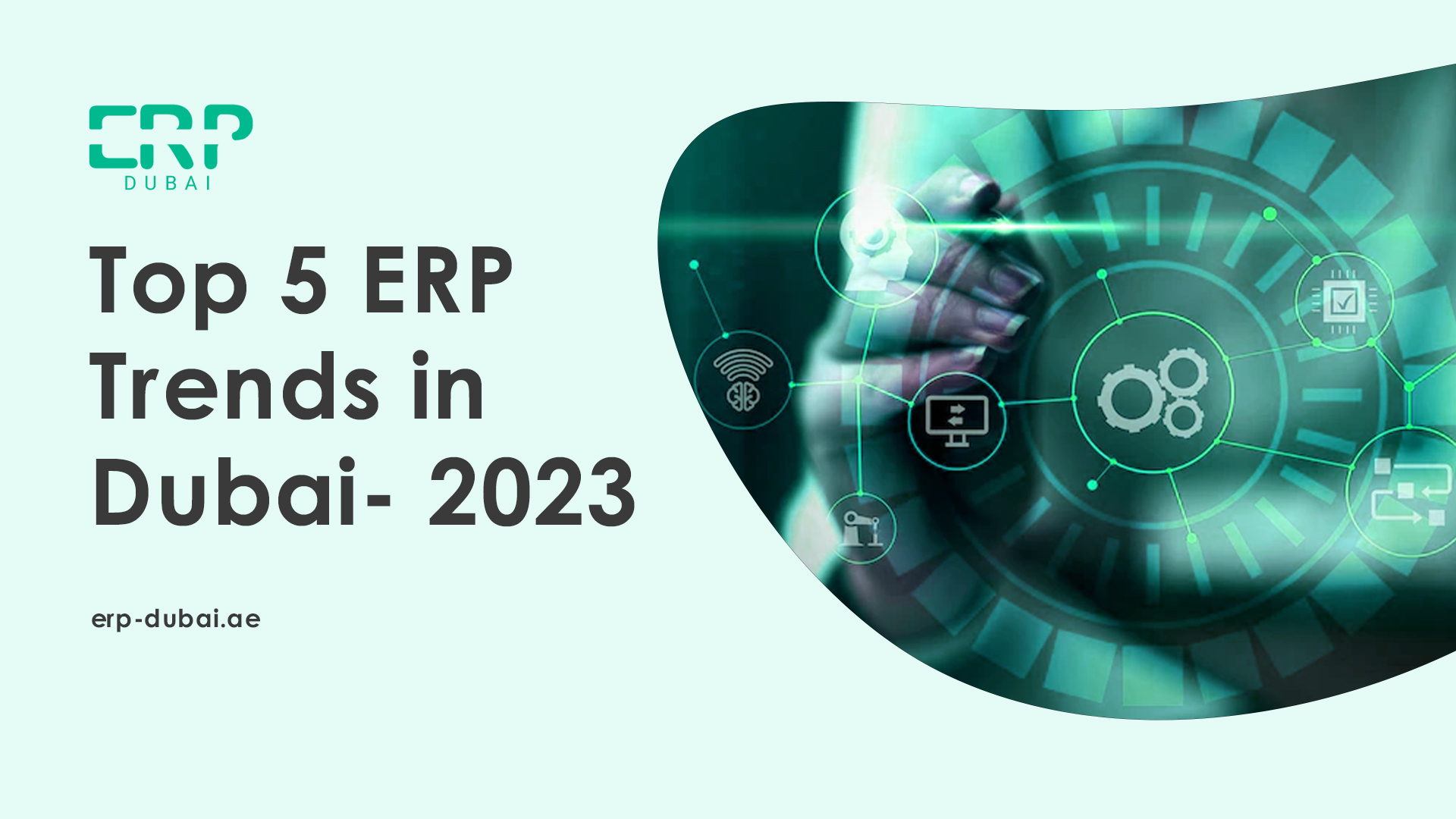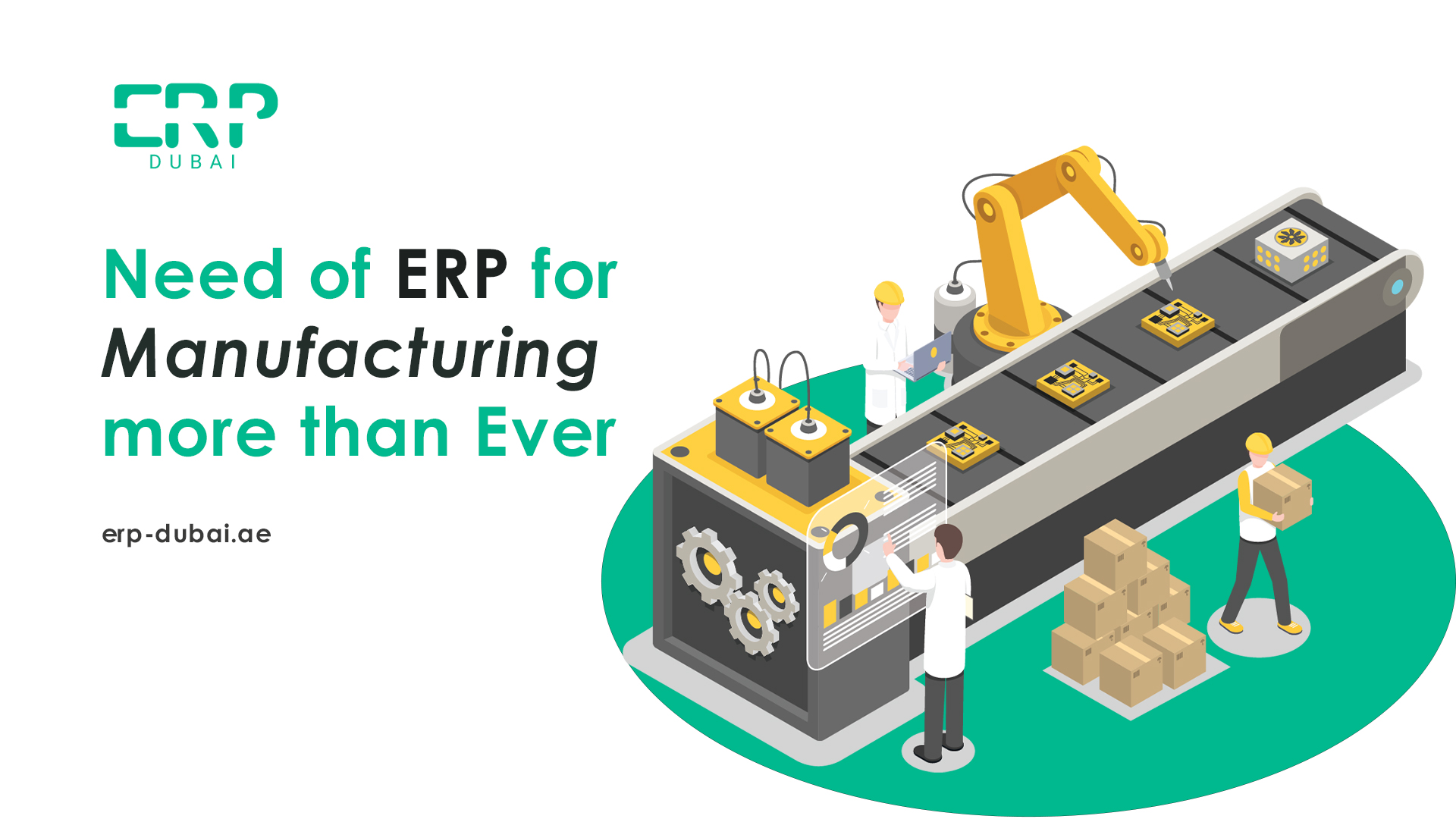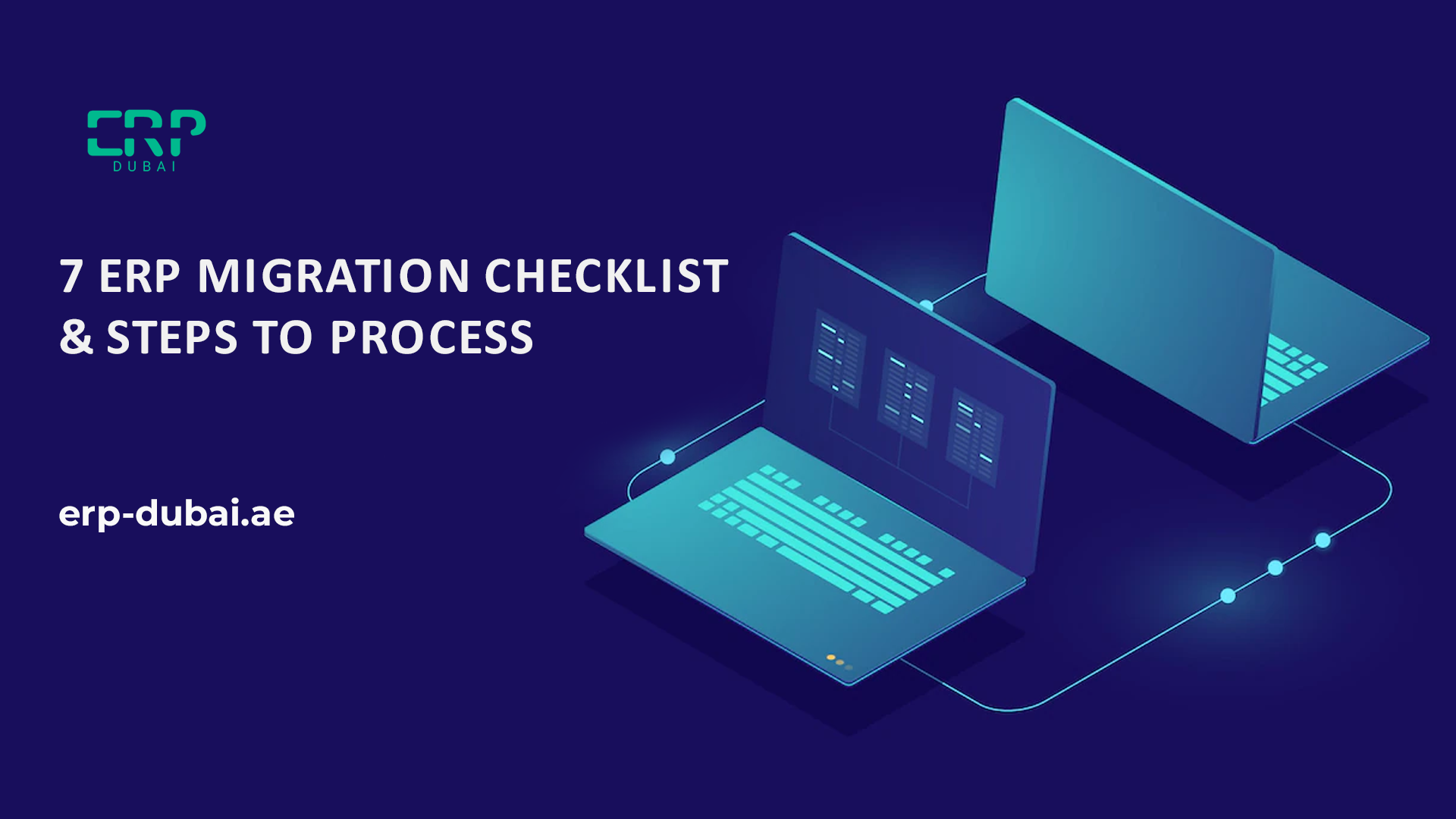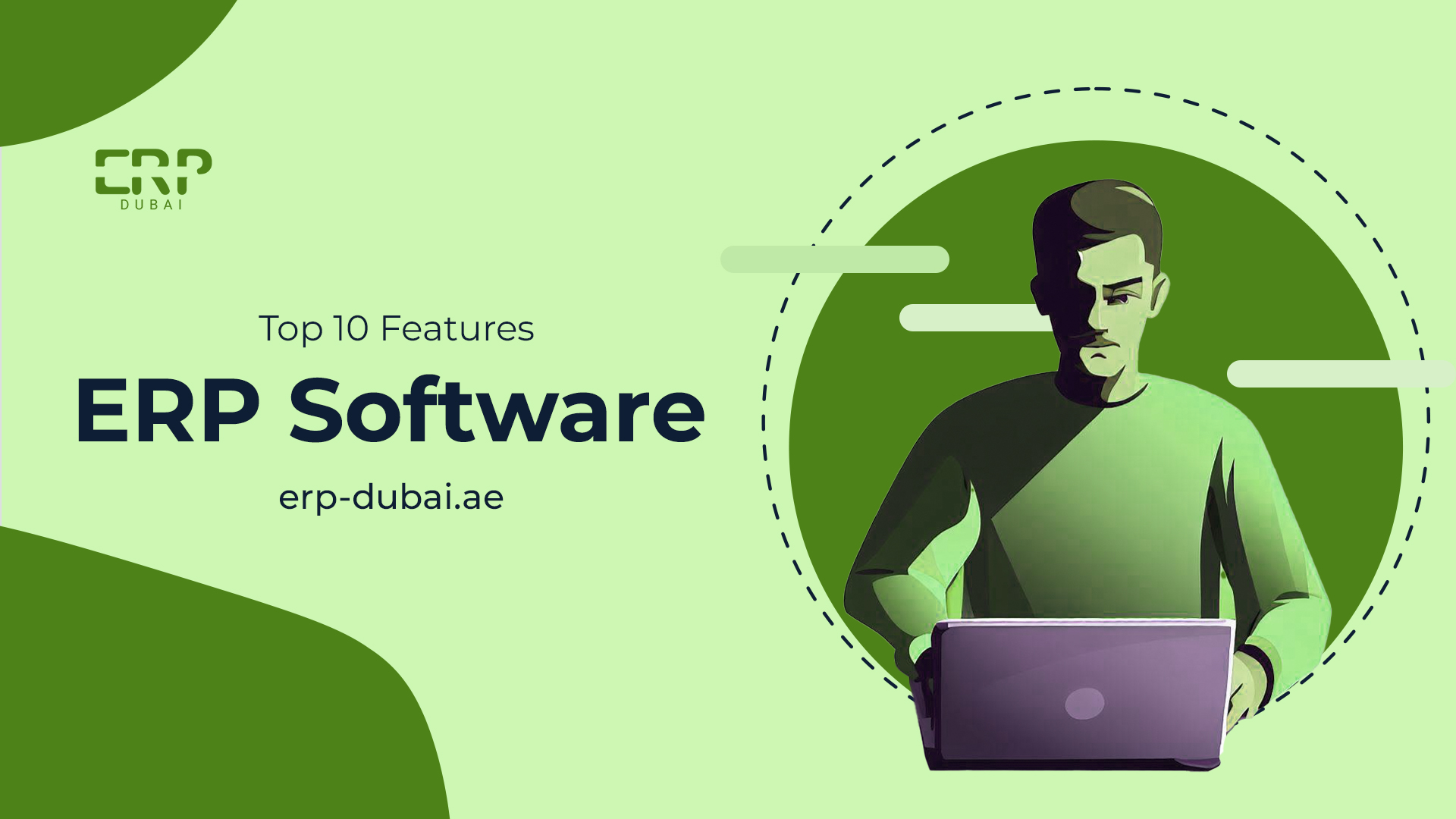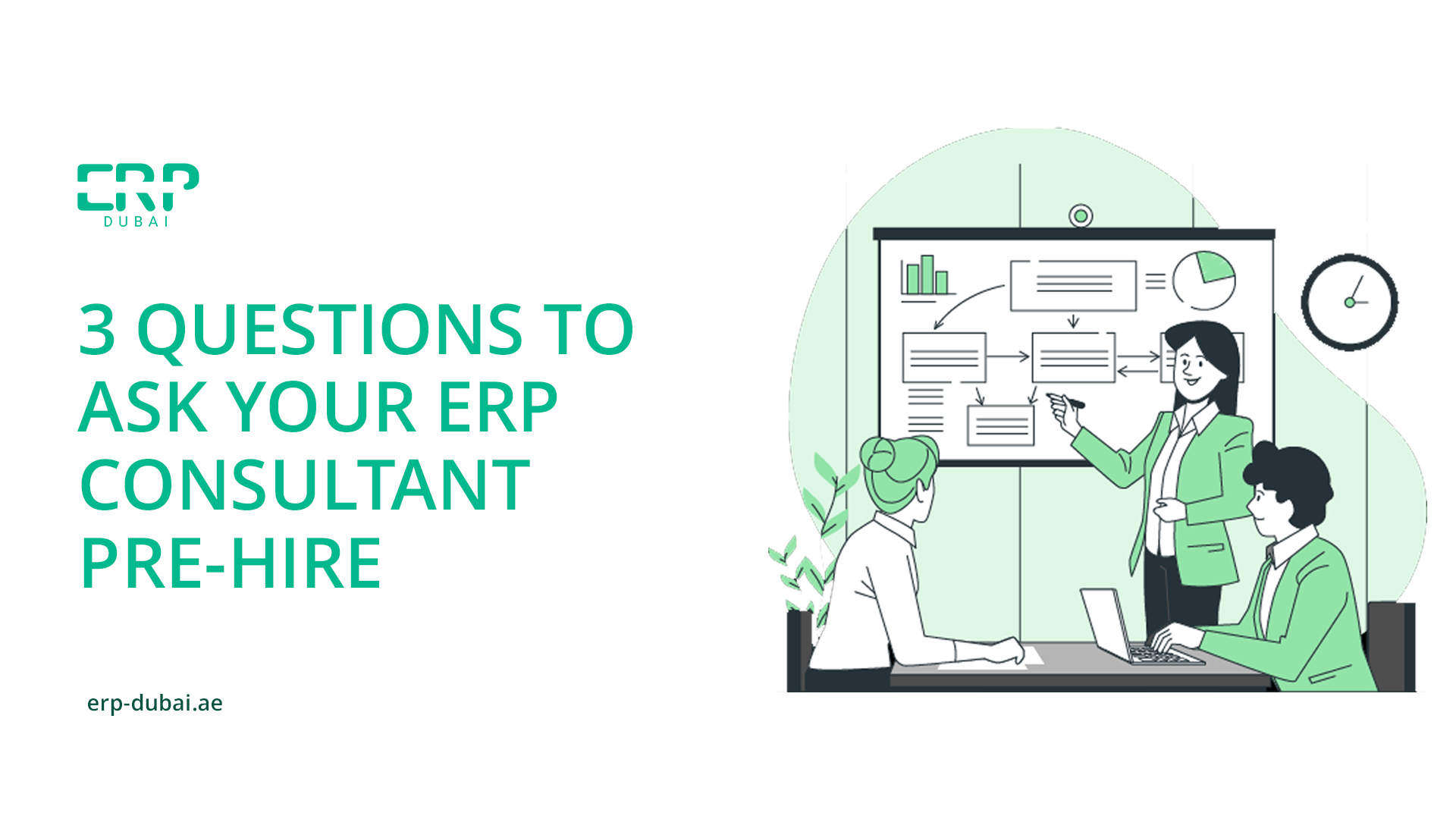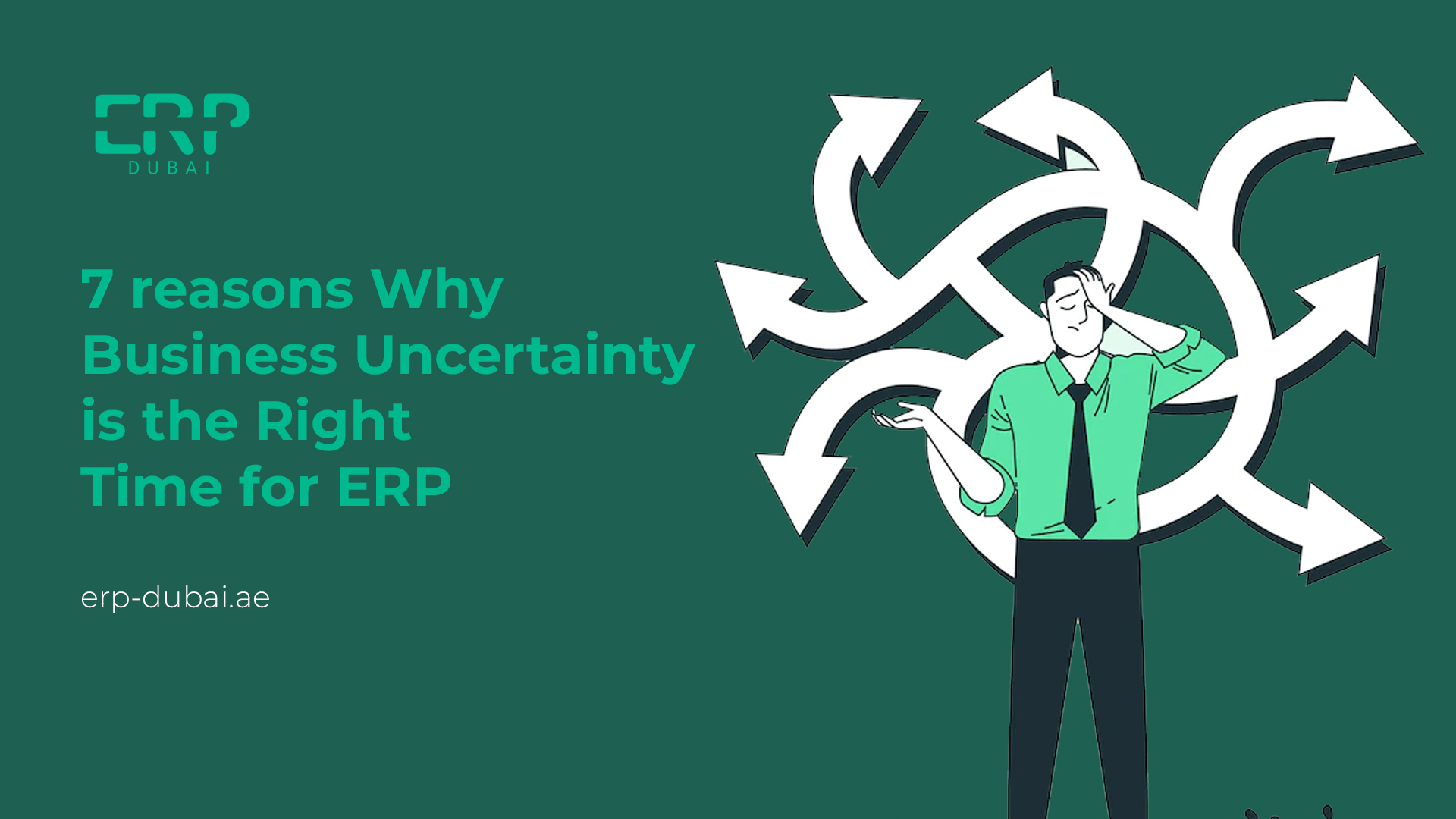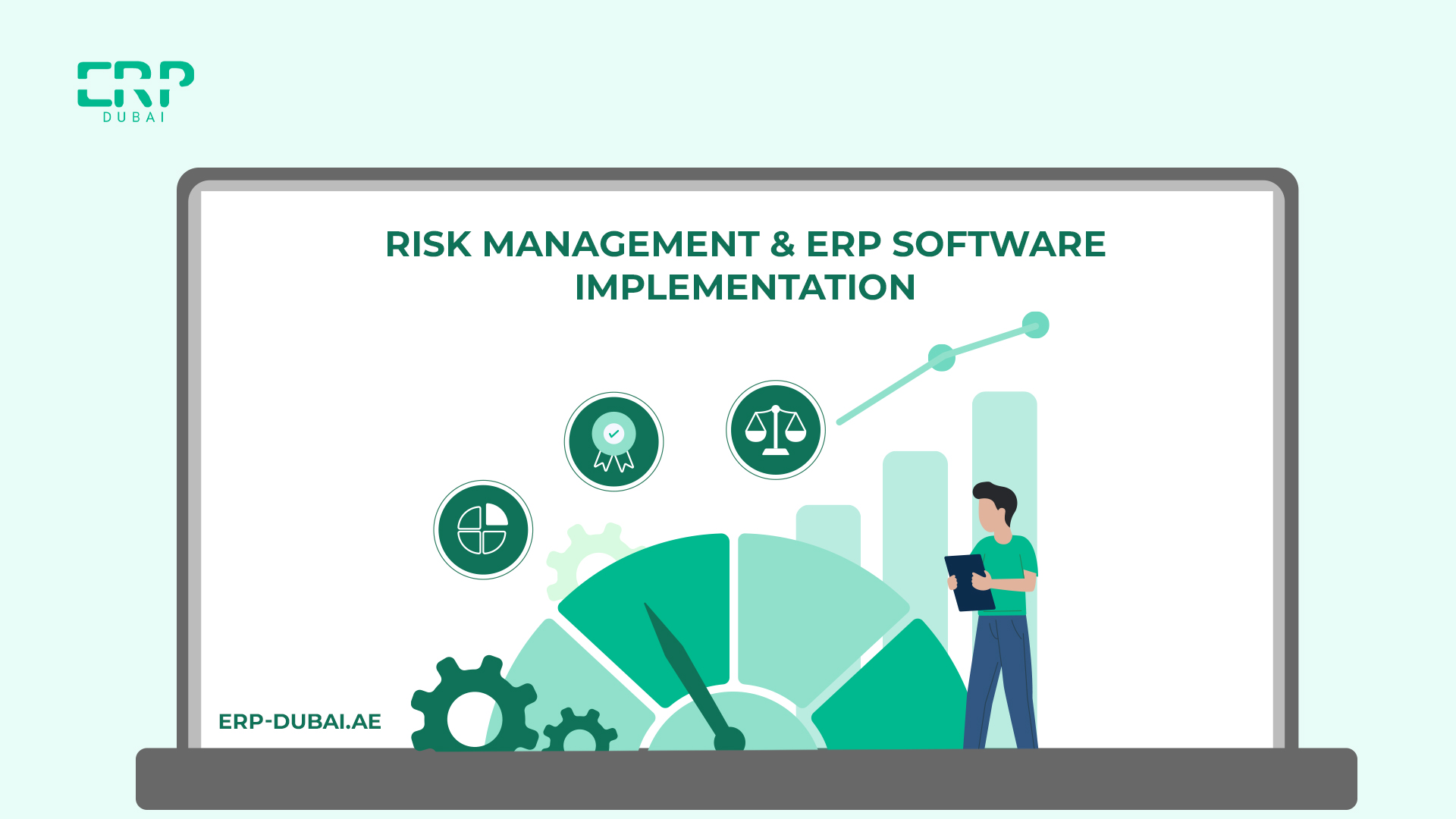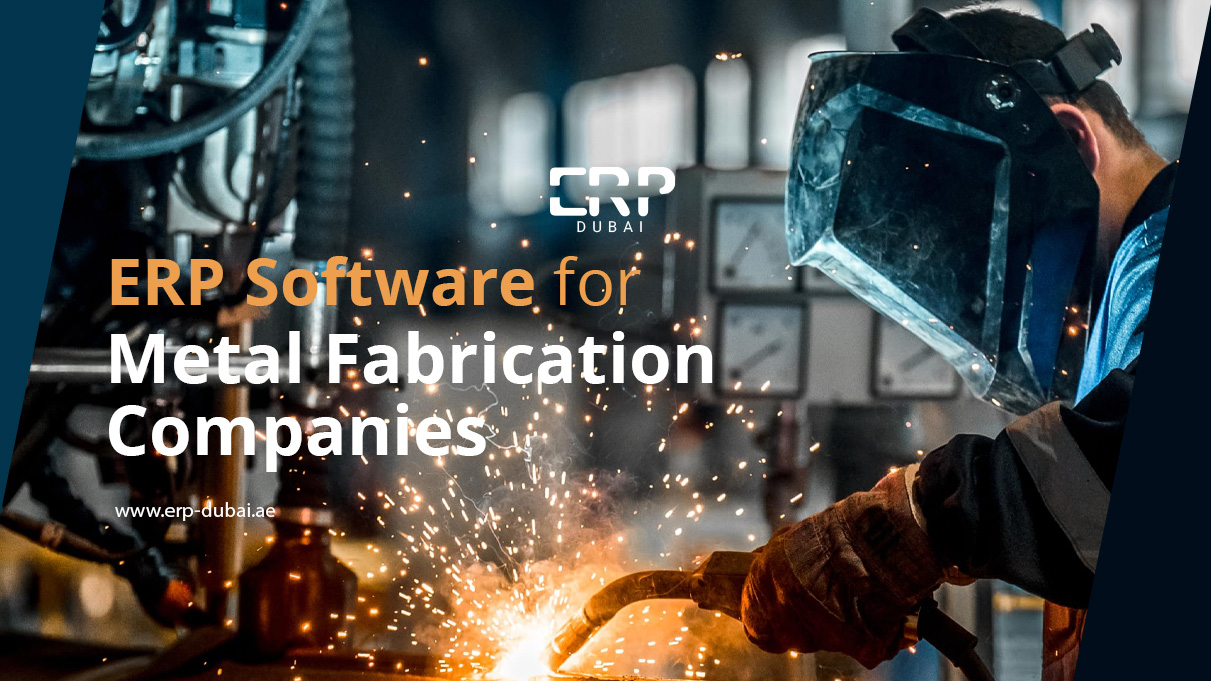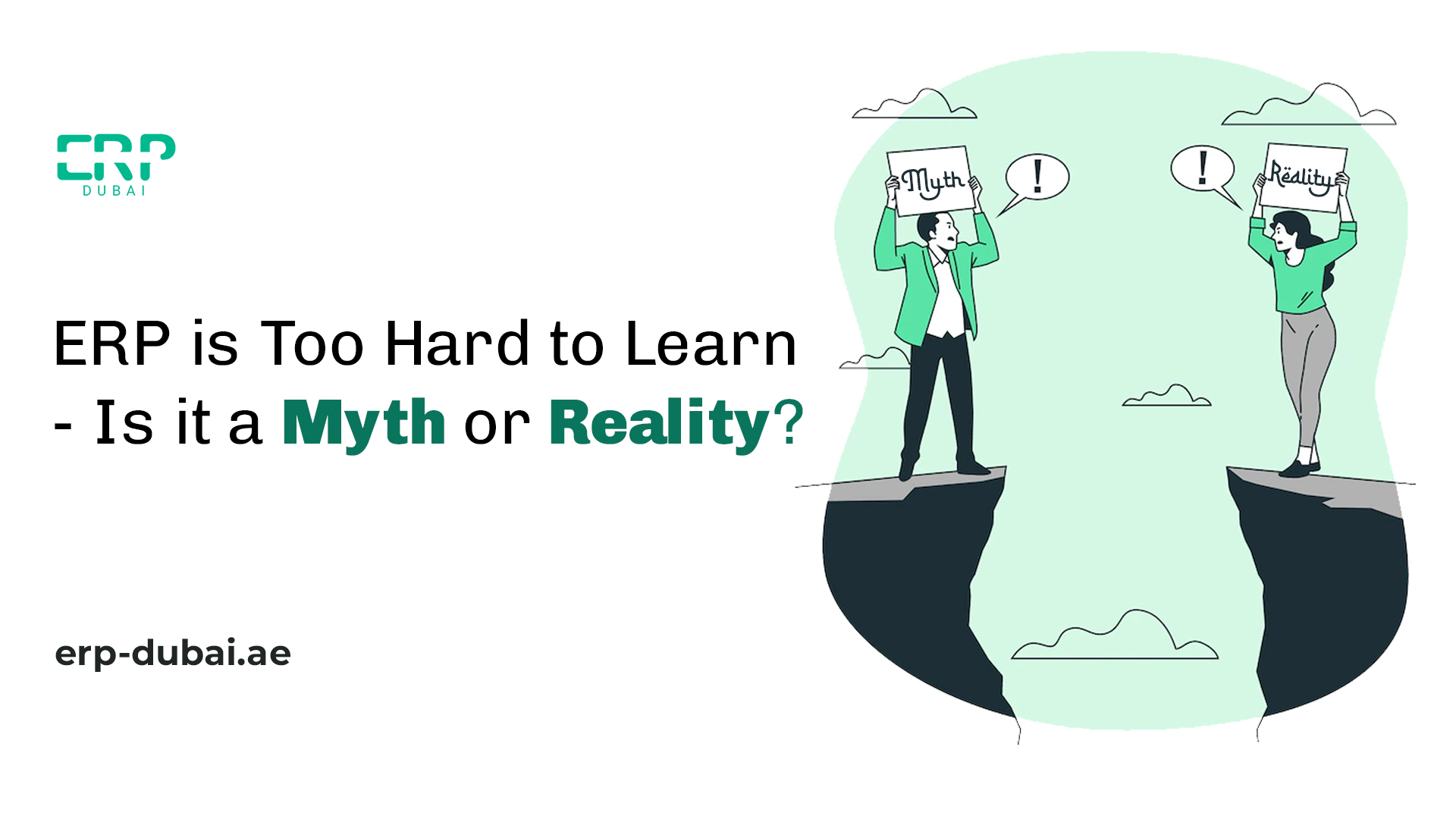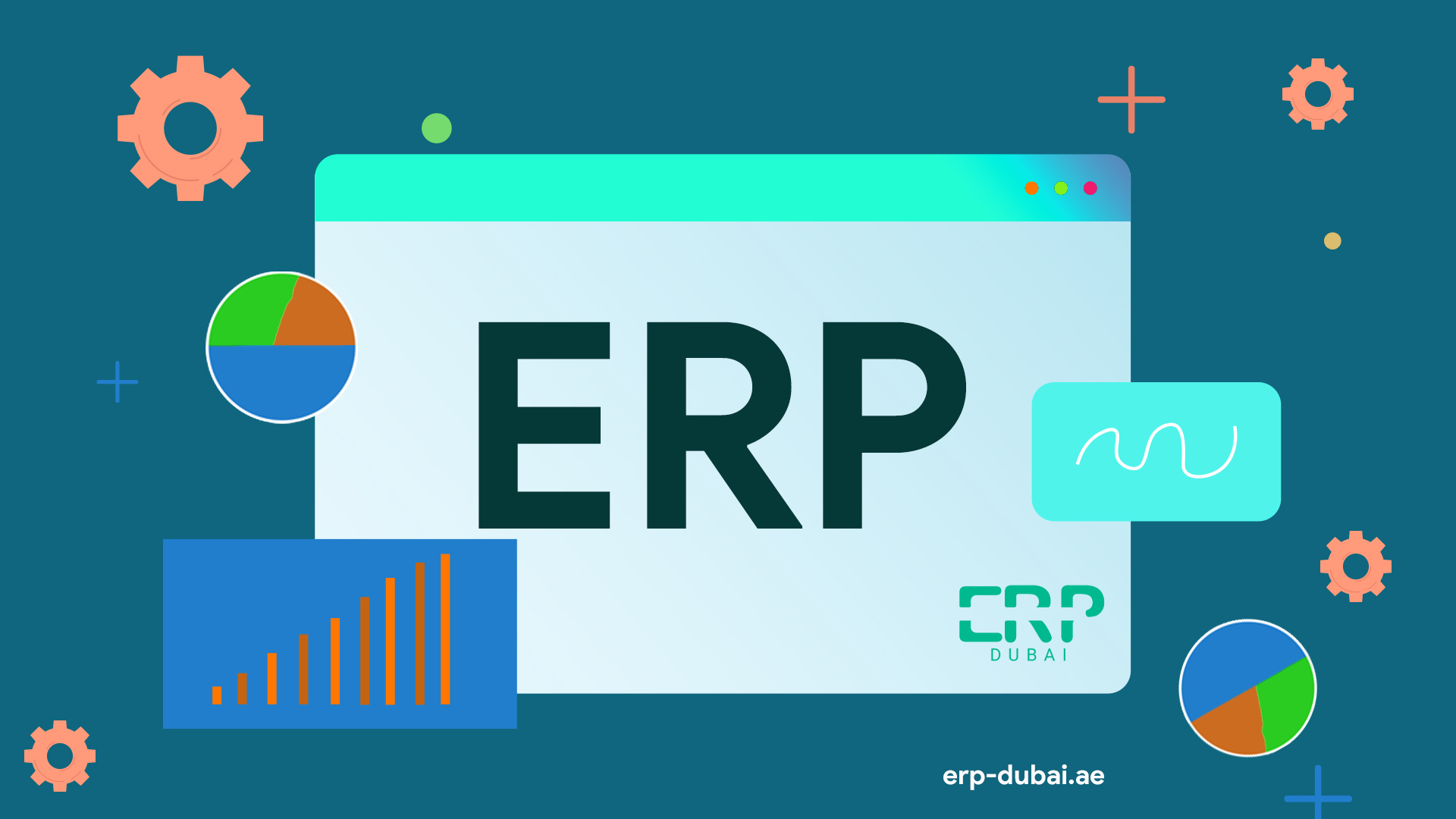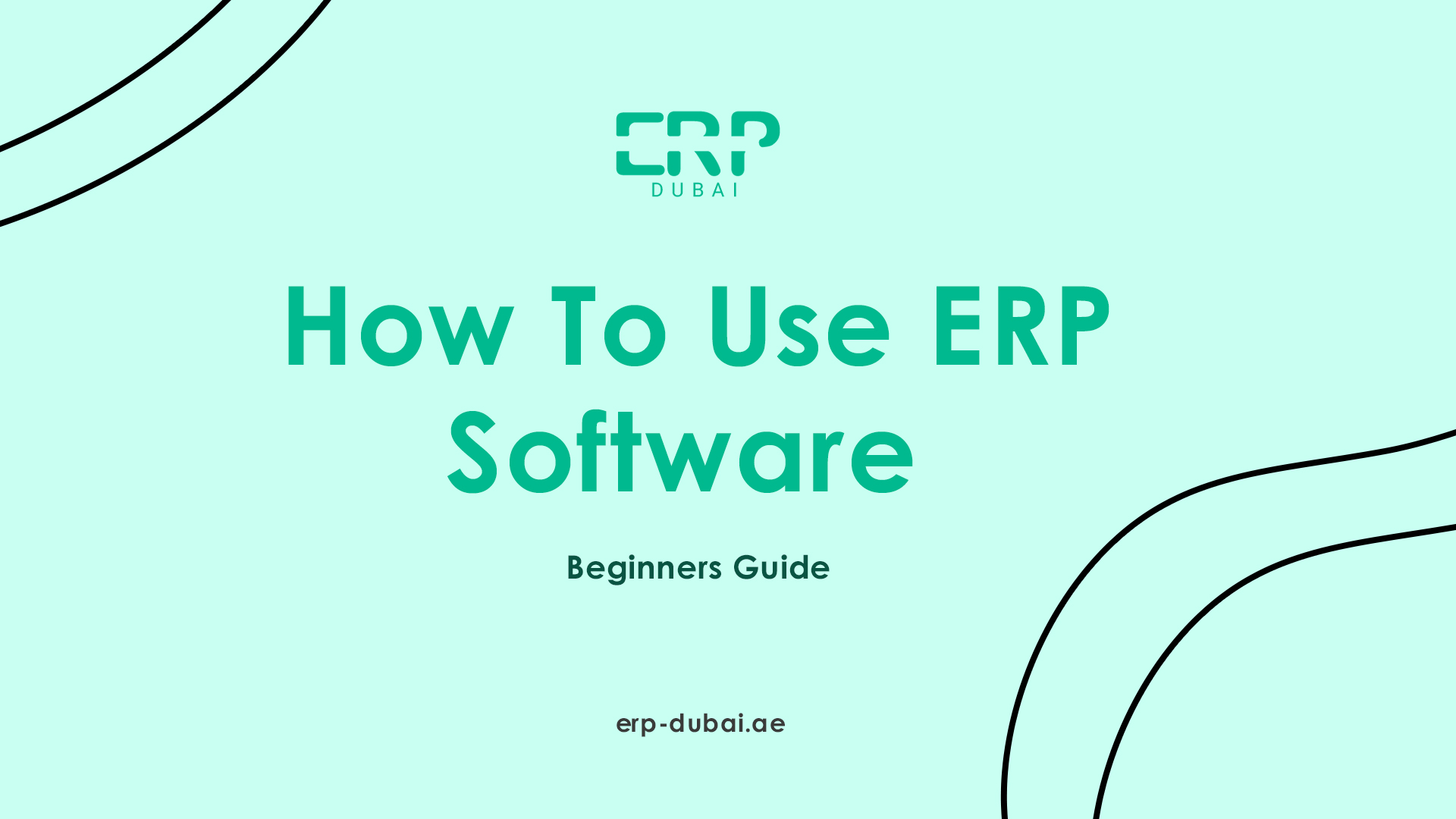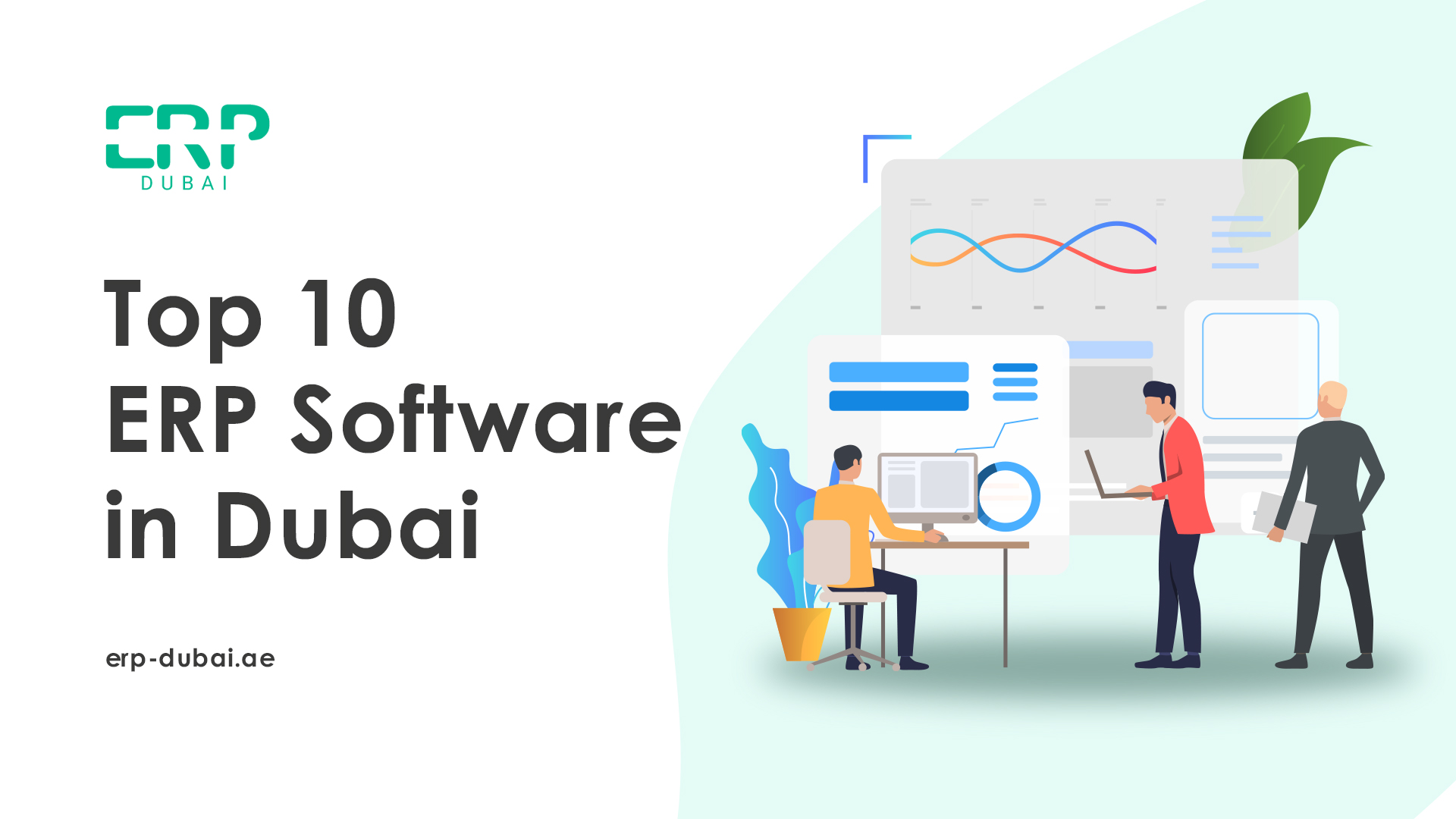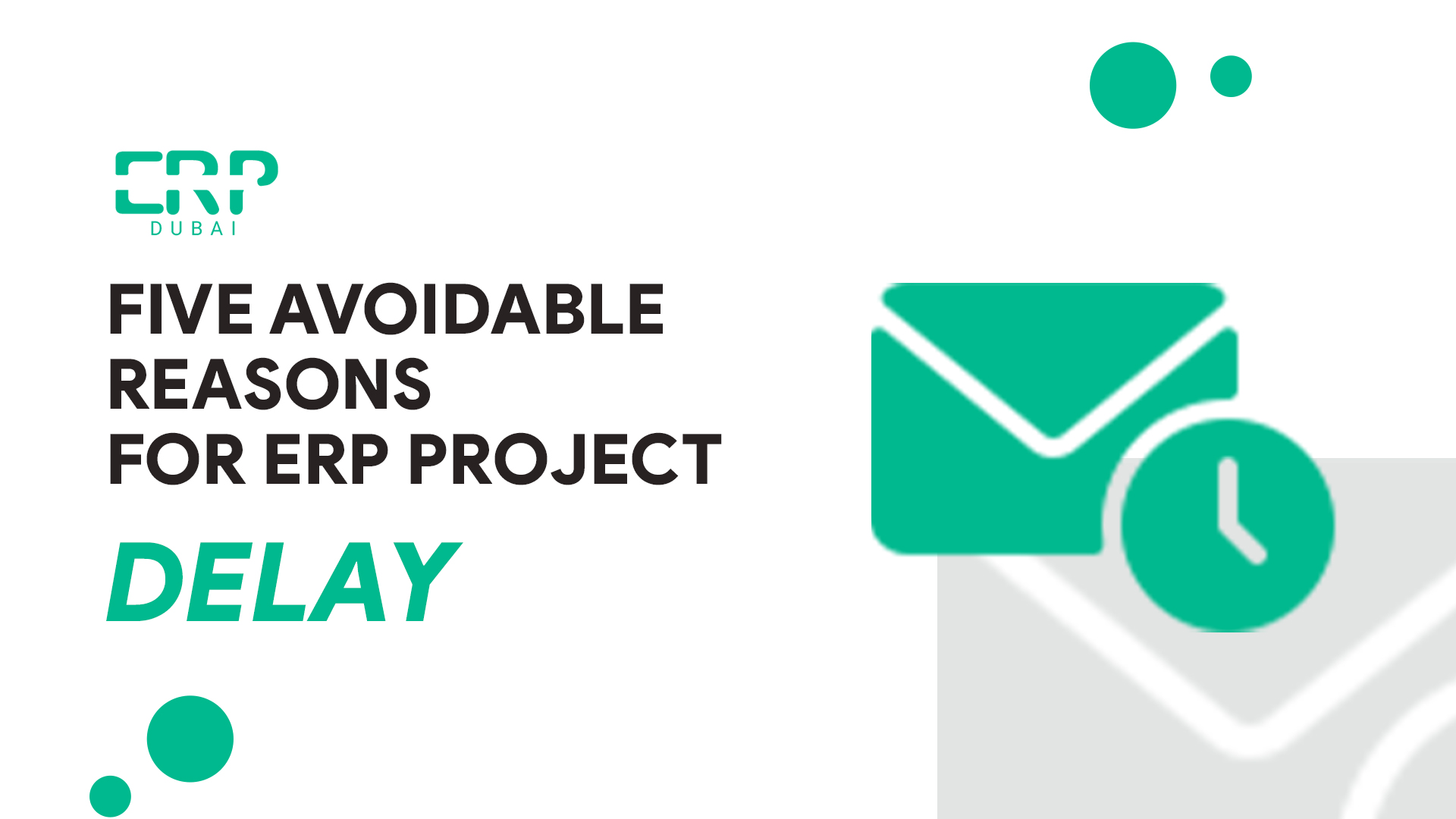No products in the cart.

4 Key Challenges Businesses Face When Adopting AI in ERP Systems
Doesn’t matter where you are operating from; just get it straight that almost every business has one thing in common. A system is always running in the background behind these attractive logos, busy workflows, and smooth websites. Everything seems nice until that system becomes weak. It can alone crack your entire setup.
That’s why ERP entered the market decades ago. It was 1960 when the concept of ERP came to light as the MRP system (Material Requirements Planning). It was the brain-child of a tractor and concentration machinery manufacturer, J.I. Case. IBM and J.I. Case worked together to create the first ERP (MRP) system.
After that, multiple large IT solution providers started working on this concept with the goal of making it handy for every type of business. The biggest name in this race at that time was Oracle. Ultimately, in 1998, NetSuite invented the first Cloud ERP system that allows users to work from anywhere they want.
Overall, ERP is a single platform to hold everything together. But time has changed, and now ERP alone isn’t enough to deal with all the challenges businesses face every single day. The list includes rising competition, unpredictable markets, demanding customers, and endless compliance rules, especially in the UAE. Honestly, this is a never-ending list.
Here, business owners often ask the question: “What’s next?” Well, the answer is simple:AI-integrated ERP solutions. These systems can predict upcoming demand and automate repetitive tasks. But, there’s another bottleneck: before getting the benefits, businesses have to deal with the messy part: adoption. Honestly, it’s not as simple as buying the software itself.
So, let’s talk about the issues one by one, and how the same AI ERP features that look complicated at first can actually solve those problems in a smarter way.
1. The Complexity of Data Management
If you have ever used ERP, then it’s known to you that every ERP runs on data. Even new AI-driven ERP solutions depend on it, and this is the issue. Most businesses don’t have clean data to start with. There are years of duplicate entries, mismatched formats, and records are everywhere across departments. So it’s nearly impossible for an AI-powered ERP to produce reliable solutions.
- Just think of a retail chain that is preparing for peak season. They want predictive analytics to forecast market demand, but their sales records are incomplete. Some of them are stored in Excel, while others are in older apps. In this case, predictive analytics in ERPcan’t line up with reality.
Solution: This is the time when AI actually starts proving its worth. It easily spots inconsistencies, flags errors, and sometimes, it can correct mistakes against existing records.
About 40% of businesses can’t achieve their targets because of low-quality data. But this artificial intelligence ERP software is helping to drop this number drastically.
2. Integration and Compatibility Issues
That’s another reality check. Businesses work with lots of separate systems. There’s an HR system, CRMs, Accounting systems, and the list goes on. Now all of it has to link, and that’s where most ERP rollouts get stuck.
Suppose a manufacturing company tries to connect its old warehouse management system while a new AI ERP implementation is going on. As a result, data won’t be able to sync, and operations will slow down.
Solution: AI-driven ERP solutions include the ability for flexible integration. They are already built with APIs that let old and new tools connect without creating any mess.
3. Change Management and User Adoption
Technology isn’t the toughest part; it’s people working with you. Employees often push back when something new, like AI in ERP systems, takes place. Some of them may not trust AI, while others think it can replace their job. And the rest are happy with working manually because for them it feels safer.
- For example, your sales team may still prefer an old generic system even if they have a conversational ERP with AI that can cut their workload in half. Hence, the value of the new system drops immediately.
Solution: There’s only one solution. Bring the change in phases to see better results. Here, small things like automated approval or faster report generation show employees the real benefits. Also, focus on training them properly.
Do you know why it matters the most? Because 70% of digital transformation projects fail because of employee resistance. So, don’t ignore this side if you want to use an AI ERP for business growth.
4. High Costs and ROI Concerns
ERP has always been labeled as expensive. Now add AI into the mix, and owners will instantly think about “budget drain.” They will worry about whether the return will ever outweigh the investment.
Solution: The truth is, ERP with AI integration isn’t for large companies anymore. Cloud-based ERP with AI integration now lets businesses scale as they grow. And instead of massive upfront costs, companies just pay for what they use. This makes adoption realistic even for mid-sized firms. Because of that, ROI shows up faster than expected.
Benefits of AI in ERP
Once you handle these hurdles, the rewards are waiting for you. Now, with these benefits of AI in ERP, businesses can grow faster.
- It helps with smarter forecasting and predictive analytics that keep businesses ahead of competitors.
- AI-ERP automation seamlessly clears repetitive tasks like payroll, reconciliations, and data entry.
- Conversational AI can speed up response times and improve customer service within minutes.
- ERP automation with AIultimately saves cost across supply chains, finance, and operations by tracking everything immediately.
- Users can enjoy stronger compliance and security while reducing risks.
Nothing is free of challenges, and neither is AI ERP adoption. Data mess, high costs, compatibility gaps, employee resistance, and security fears all show up at some stage. But none of them are walls that can’t be crossed. With the right approach and with the help of AI-integrated ERP systems, every one of those issues can be solved.
Always remember the future of ERP with AI is already reshaping industries, and the ones that embrace it today are the ones setting benchmarks tomorrow.



